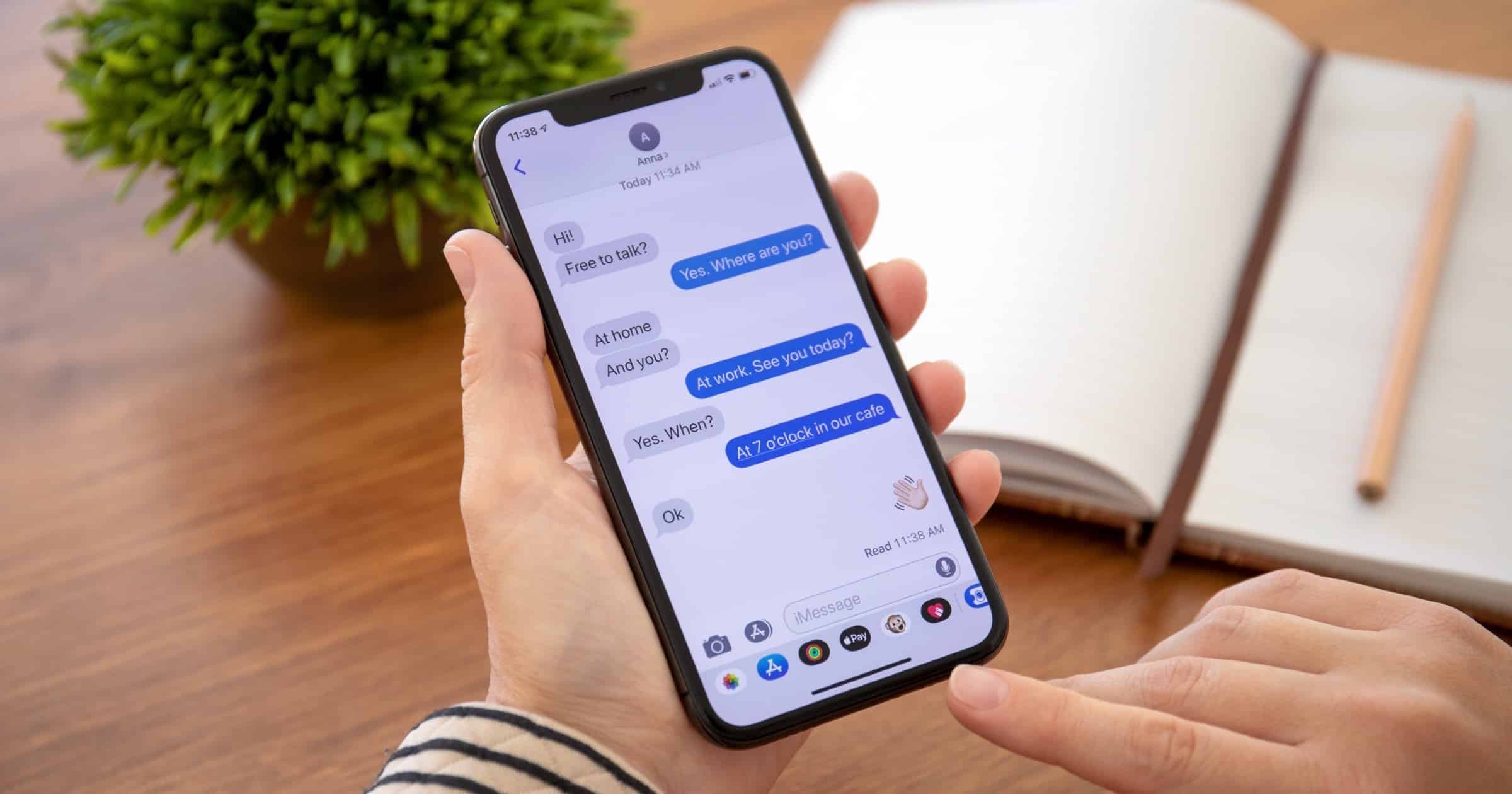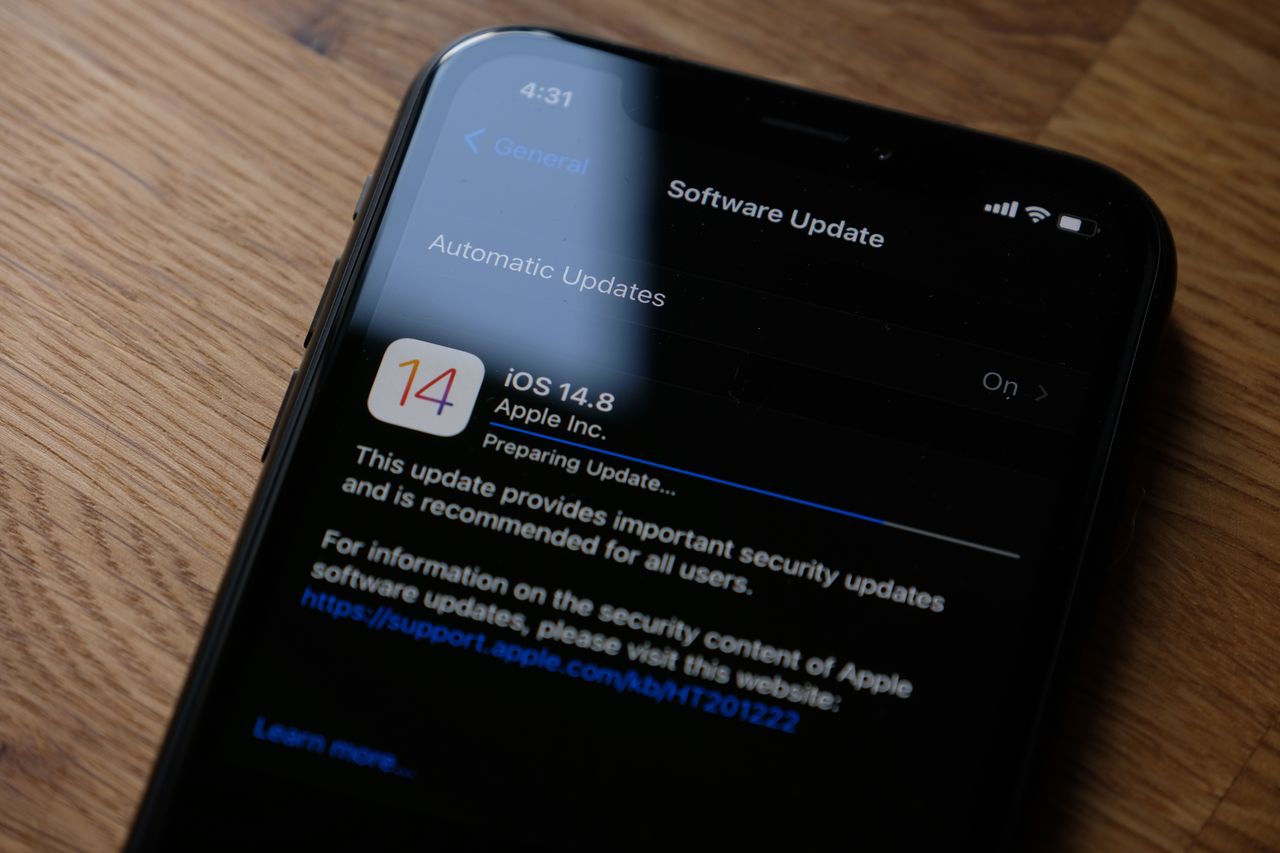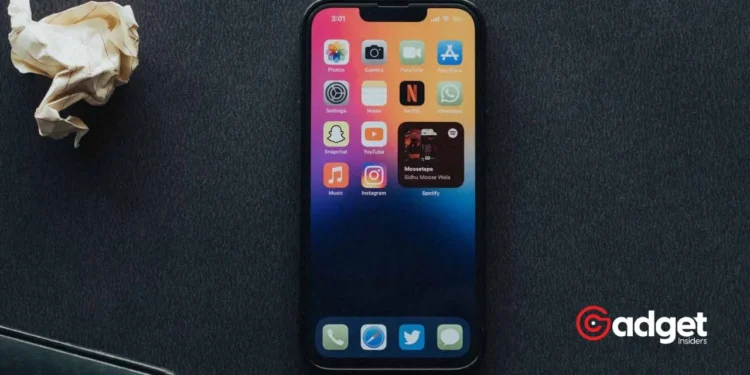In the ever-evolving world of cybersecurity, iPhone users face a new potential threat. Trust Wallet, the decentralized wallet backed by cryptocurrency giant Binance, has issued a stark warning to all iOS users: disable iMessage to avoid a dangerous hacking exploit.
According to a recent post on X (formerly Twitter), Trust Wallet claims to have “credible intel” about a zero-day iMessage exploit, a term that refers to previously unknown vulnerabilities that hackers can exploit before developers have a chance to issue a fix.

This alarming security flaw reportedly allows hackers to gain access to iPhones without any user interaction. Trust Wallet’s advisory suggests that while anyone could be at risk, those considered high-value targets should be particularly wary. The company’s advice to disable iMessage until Apple can patch this vulnerability underscores the seriousness of the potential threat.
The $2 Million Exploit: Real Threat or Overblown Fear?
The root of this cybersecurity scare stems from an advertisement on the dark web’s CodeBreach Lab, which claims to sell this iMessage exploit for a staggering $2 million in Bitcoin. However, skepticism about this claim arises from several factors. First, the obscurity and lack of professionalism on CodeBreach Lab’s website—typified by numerous typos—casts doubt on its credibility and actual capability to deliver such a sophisticated tool.
Everything you need to know about the iMessage security flaw patched by iOS 9.3 https://t.co/evMVpQgPVN #infosec #cybersecurity #marketing
— Bruce Hudson on infosec (@ganttnz) March 26, 2016
TechCrunch has added to the debate by challenging the validity of Trust Wallet’s claims. The tech news outlet attempted to purchase the exploit, only to find that the transaction method—requiring a direct Bitcoin payment to a public blockchain address—had yet to see any takers. Their investigation suggests that the so-called exploit might be nothing more than an elaborate scam to defraud potential buyers of their cryptocurrency.

Navigating iPhone Security: Understanding the Exploit Debate and Lockdown Mode
With conflicting reports about the exploit’s existence and severity, iPhone users are left wondering how to best protect themselves. While Trust Wallet advises turning off iMessage, TechCrunch argues that such measures may be an overreaction for the average user. Instead, they suggest that only those who consider themselves high-risk need to take such drastic action.
For those looking for a middle ground in safeguarding their device, Apple offers a feature called Lockdown Mode. Designed to shield against “extremely rare and highly sophisticated cyber attacks,” Lockdown Mode significantly limits the functionality of the device to minimize potential vulnerabilities. According to Apple, no successful hacks have been reported against devices in this heightened security state.

Conclusion: Navigating Cybersecurity in a Digital Age
As the digital landscape continues to grow more complex, the challenge of protecting personal and sensitive information becomes increasingly critical. The situation highlighted by Trust Wallet serves as a reminder of the ongoing arms race between cybersecurity professionals and cybercriminals. Whether or not the alleged iMessage exploit poses a real threat, the incident underscores the importance of staying informed and cautious about digital security measures.
iPhone users must continually assess their risk and apply security best practices, whether that means disabling certain features, staying updated on the latest software patches, or activating Lockdown Mode. As this story develops, it will undoubtedly contribute to the broader conversation about privacy, security, and trust in the digital world.










